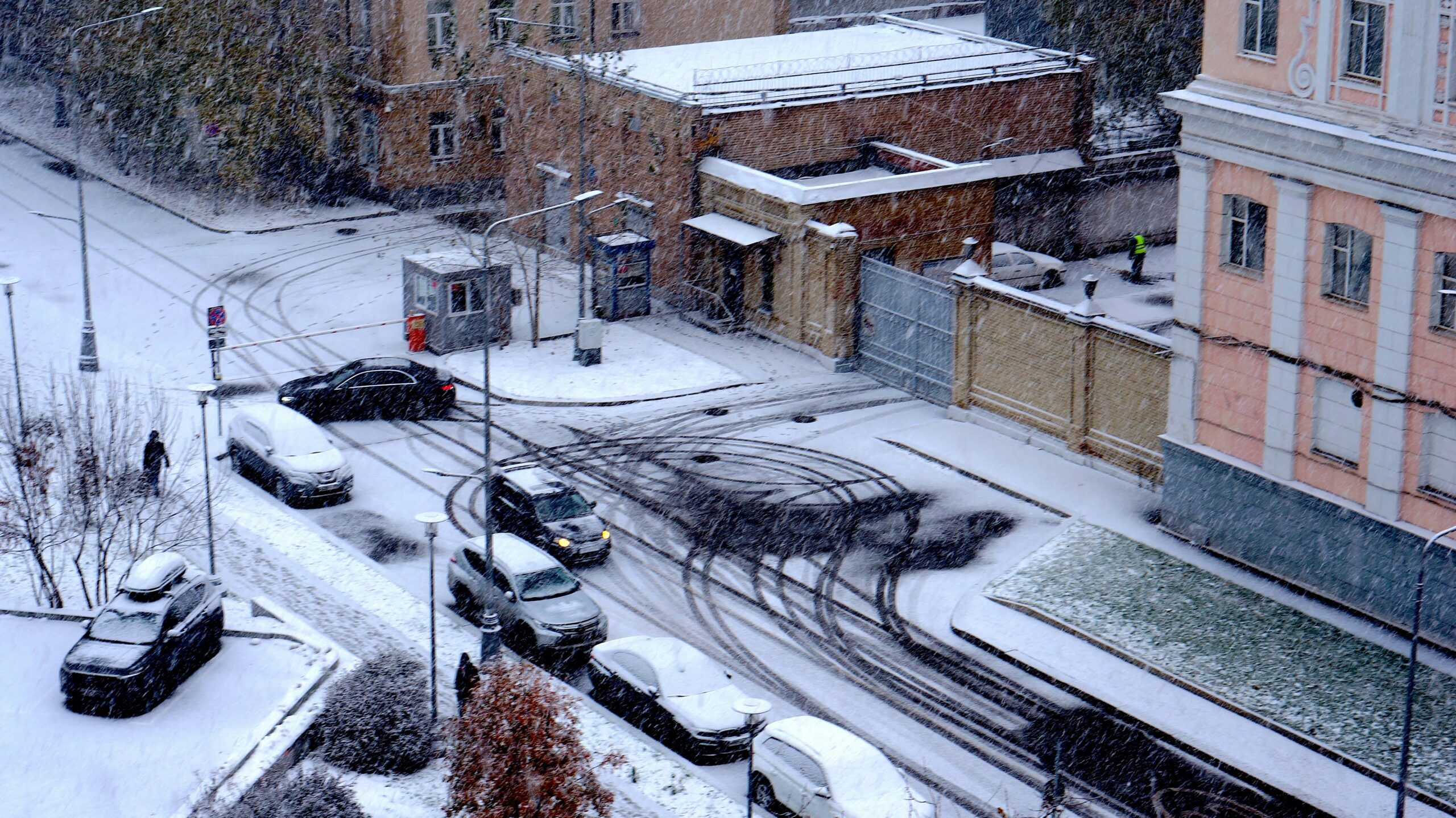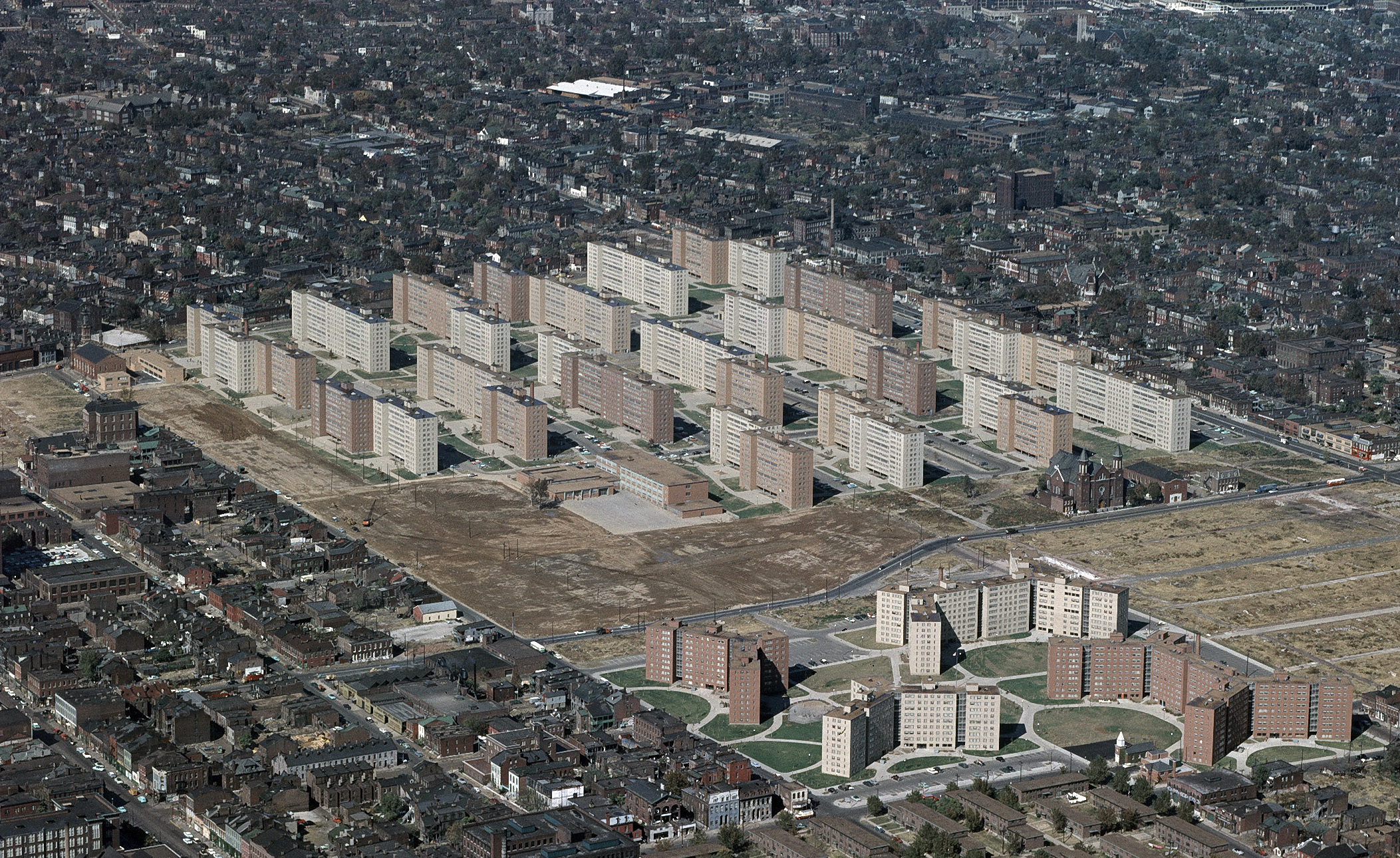“Negative Energy”—Physics or Fantasy?
July 28, 2020

Here is a confession: I have long believed that places hold energy. That I can walk into a home and sense whether people have been happy there, for the most part, or bitterly angry. That air somehow retains pain.
I did not always credit such nonsense. I rolled my eyes when a friend insisted on burning sage in my apartment to “clear the negative energy.” (I had been interviewing, every day for hours, a woman who was cruelly abused in her childhood, and it was getting to me.) When my mother warned me about “negative energy” because I was still dating a guy I knew I would never marry—“You have to end this before you will meet someone else”—I rolled my eyes again.
Yet when I did find the right guy and we started house-hunting, we disagreed vehemently about a house he thought was just perfect, and I could not articulate my absolute spidey-sense of something amiss in that place. The same with a town we visited: I announced in the first ten seconds that I could never live there. When we drove to Waterloo, I knew I could. And when I fell in love with our current house, all I could say was that people had been happy there; I could feel it.
Energy lingered, I felt sure of it. Whatever happened in a place left traces, the way a strong perfume hangs in the air after its wearer leaves. Still, even I had a hard time imagining how some unfortunate molecular arrangement could sustain itself for months or years. You would need a little poltergeist activity for maintenance, no? And then we were in the realm of the paranormal, which was fun around a campfire but further than I wanted to go.
What about present-tense negative energy, then? “If you want to find the secrets of the Universe, think in terms of energy, frequency and vibration,” Nikola Tesla advised. Anybody knows the air in a room can feel heavy, thick with tension—why? I can walk into a room and know instantly that someone has just said or done something upsetting—how?
From the little I can comprehend of quantum physics, physical atoms are not physical in the way we imagined; they are blurs of spinning, vibrating energy. Waves are energy. Particles are energy. Everything on this crazy planet is made of energy. Botanists found out plants and trees can absorb physical energy from one another. Might we pick up emotional energy?
I want this to be true because my own boundaries are so thin; I absorb other people’s moods like a living sheet of litmus paper. Thinking of that curse as an energy transfer would make it sound cool, not passive and oversensitive. In sacred spaces, I like the idea that the very air might vibrate at a different frequency. I want the past to reverberate on battlefields and whisper ancient wisdom from the great pyramids, besotted words of love from the Taj Mahal. Nature holds its past—there are ocean floors in the mud beneath our feet, glaciers in the pebbles, bits of stardust in our bones. Could the human past accrue where it took place?
I search for scientific articles about negative energy, but they are incomprehensible to me, mired in gravitational fields and quantum field effects and shooting off now and then into wormholes. More general searches turn up feng shui and rather a lot of woowoo. A woman in Sarasota makes tidy sums clearing energy away from houses; she is convinced that “all walls, spaces, homes, and land retains living energy.” Embarrassingly enough, I am intrigued—until I reach the part about dragon’s blood incense and the $500 minimum.
Back I go to Google, which is full of checklists to detect “negative energy.” They mention restlessness, fatigue, anxiety, headaches, stomachaches, confusion, mood swings, and depression—in other words, it is the same list used for stress. An “intuitive healer and abundance coach” offers a froth of words that, boiled down, say the source of negative energy is … negativity.
I need a bit more rigor. Summoning my nerve, I pose my silly question to Erik Henriksen, assistant professor of physics at Washington University. Is there any possible scientific basis for thinking that a certain kind of energy, generated by events or strong emotions, could endure in a place over time? Or that we could sense negative vibes pouring off another person?
“In short, yeah, I don’t think there’s anything directly in physics that is relevant to negative energy,” replies Henriksen, who is being very nice about this. “And certainly not anything, say, quantum.” My shoulders slump. Deep down, I guess I was hoping for some breakthrough understanding that would unite science with my gut feelings.
But, Henriksen continues, “the human brain and body are fantastically complicated machines that have multiple overlapping sensory organs feeding into a complex and poorly understood system that analyzes and interprets their signals. Facial expressions and body language are definitely part of communication between humans that these senses pick up on; and I’m certain that smell is probably a key communicator of emotion, intention, etc. Smell is nothing more than a chemical sensor, and chemicals are myriad—smells of other people, ‘the smell of fear,’ pheromones emitted in sweat or by breathing. And all of these sensations will be interpreted by our brain/body circuity in the context of our own feelings, emotional states, past experiences in general and specifically with the people in said room… and heck, who knows, even the local humidity and air pressure can literally combine to make air feel thick, on top of all this.”
I sigh. Barometric pressure is not what I was after. Henriksen goes on, though: “In the end, I don’t find it too surprising that the internal feelings/emotional states produced by all this feel almost as if delivered from outside. I suppose in some way they are: the light perceived that bounced from a lamp off of someone else then to your eyes, the sounds reflecting off people or emanating from them, said sweaty chemicals floating over … and so seem delivered from an Other, an outside agent, or perceived as an internal intuition or voice.”
Which is exactly how it feels. I force myself back to those sudden, certain intuitions. How, exactly, did I fall in love with our house? We went in at dusk, and the hallway was dark, and a pool of golden light made the big kitchen, with a fireplace and seating area, feel … homey. The previous family had notched the kids’ heights year after year on a door frame, from squirmy, three-tries-to get-it-right toddlers up to full height. The wallpaper I was about to strip had lots of pretty flowers and luscious grapes. Every inch of the place looked cared for, not staged for a buyer.
And the house I had such an instinctive aversion to? The homeowners spoke in a nervous flurry, and there were layers of camo everywhere I looked: floor and wall coverings from big-box stores covering God knew what, and I suspect a little archaeology would have unearthed a series of cheap, careless mistakes.
The town I rejected in the first ten seconds? It was a nice day, yet there were no outdoor cafes, no friends walking dogs together, no kids playing. No one had planted geraniums; the town sign did not say Welcome. The place felt gritty and desolate.
I had observed more than I realized.
And when I mocked others for warning me about negative energy? That charred, smoky sage smelled like permission to let the woman’s suffering go. Breaking up, finally, and entering the hollow, shaky, wide-open-eager state of availability did seem to change how other men reacted to me.
Negative energy is shorthand for a whole lot of variables we would rather not, often cannot, itemize.
But as a summary of subtle perceptions, it is entirely valid.






